HUNGARY has BANNED LGBTQ+ media targeted at children
In a controversial move that has sparked intense debate both within Hungary and internationally, the Hungarian government has passed legislation that bans LGBTQ+ media targeted at children. This decision, part of a broader set of policies aimed at restricting LGBTQ+ rights, has drawn criticism from human rights organizations, the European Union, and LGBTQ+ advocacy groups, who argue that it infringes upon freedom of expression and the rights of children and marginalized communities. In this blog post, we will explore the details of the new law, the arguments for and against it, and the wider implications for Hungary’s position on LGBTQ+ rights.
The Law: What Does It Entail?
The Hungarian government’s new legislation, which was passed in 2021, effectively bans media content that promotes LGBTQ+ issues to children. This includes television programs, films, advertisements, and online content aimed at minors that depict same-sex relationships, gender non-conformity, or transgender issues. The law also prohibits LGBTQ+ themed books, educational materials, and other forms of media from being made available to children, framing such content as harmful or inappropriate for young audiences.
The law also extends to any content that might be perceived as promoting gender identity fluidity, thus enforcing a strict interpretation of traditional gender roles. It is often associated with a broader political agenda championed by Prime Minister Viktor Orbán’s government, which has taken a conservative stance on many social issues, including LGBTQ+ rights.
The Motivation Behind the Law
Hungarian officials argue that the law is necessary to protect children from exposure to content they believe could confuse or influence minors regarding their sexual identity. The government claims that children should be protected from material that could encourage them to question their gender or sexual orientation before they are old enough to make informed decisions. This position is largely in line with Hungary’s broader conservative, family-centered values, which prioritize what the government considers to be “traditional” family structures.
Prime Minister Viktor Orbán and his political allies have consistently pushed back against what they perceive as foreign influence, particularly from the European Union, on issues of morality, family values, and LGBTQ+ rights. Orbán has framed his government’s approach as a defense of Hungarian sovereignty, resisting what he sees as the imposition of liberal Western values.
International and Domestic Reactions
The Hungarian government’s decision has drawn widespread criticism both domestically and abroad. International human rights organizations, including Amnesty International and Human Rights Watch, have condemned the law, calling it discriminatory and harmful to LGBTQ+ children and adults. Critics argue that the law effectively erases the visibility of LGBTQ+ people in Hungarian society and isolates LGBTQ+ minors by denying them the opportunity to see themselves reflected in media.
The European Union, which Hungary is a part of, has also expressed concerns over the legislation. In response to the law, the European Commission opened infringement procedures against Hungary, accusing the government of violating EU laws that guarantee freedom of expression and non-discrimination. Several European leaders have denounced the law, stating that it goes against the EU’s core values of respect for human rights and equality.
However, there is significant support for the law within Hungary, especially among conservative voters and religious groups. Many Hungarians see the legislation as an important step in preserving the traditional family unit and protecting children from content they deem inappropriate or harmful. For these supporters, the law is seen as an effort to maintain cultural values that they believe are increasingly under threat in the modern world.
The Impact on LGBTQ+ Communities
For LGBTQ+ individuals in Hungary, the law has created a climate of fear and uncertainty. Advocacy groups argue that the legislation sends a message to LGBTQ+ people, particularly children and young adults, that their identities are not valid and should be hidden from public view. It may also contribute to an environment of stigma and discrimination, where LGBTQ+ people are pushed further into the margins of society.
In particular, LGBTQ+ youth could be disproportionately affected by this law. Many LGBTQ+ children and teenagers struggle with their identities and look to media, including TV shows, books, and online content, to find role models and examples of people like themselves. The new law could deprive them of this much-needed visibility, making it harder for them to accept and understand their own identities.
Furthermore, LGBTQ+ organizations that provide support for youth may face challenges in their efforts to offer resources, guidance, and education. The law’s broad scope could stifle these organizations’ ability to create inclusive programs and content, which can be crucial for young LGBTQ+ individuals who are struggling with issues related to their sexual orientation or gender identity.
Legal and Human Rights Concerns
Critics of the law argue that it infringes upon fundamental human rights, including freedom of expression, the right to access information, and the right to privacy. By restricting access to LGBTQ+ content, the law limits children’s ability to make informed choices about their own identities, while also limiting the right of LGBTQ+ individuals to express themselves freely in public spaces.
In addition to the impact on freedom of speech, the law also raises concerns about the violation of children’s rights. Children have the right to receive accurate and diverse information, particularly in an age of increasing awareness of sexual and gender diversity. The law’s broad restrictions are seen as an attempt to impose a narrow worldview on young people, potentially leaving them ill-equipped to deal with diversity and tolerance when they encounter it in the real world.
The Role of the European Union and International Pressure
The European Union (EU) has been at the forefront of challenging the law, stating that Hungary’s approach violates EU standards on non-discrimination, freedom of expression, and the protection of fundamental rights. Several EU member states have expressed solidarity with LGBTQ+ rights groups in Hungary, calling for the law to be overturned or amended.
The EU’s actions have included legal challenges, as well as political pressure through statements and resolutions. Some EU officials have warned that the law could trigger broader consequences for Hungary’s relationship with the Union, with potential financial sanctions or cuts to EU funding being discussed.
However, Hungary’s government has largely rejected these concerns, with Prime Minister Orbán asserting that the law reflects the will of the Hungarian people and should not be interfered with by outside forces. Orbán has framed the EU’s opposition as an infringement on Hungary’s sovereignty and its right to uphold its traditional values.
The Future of LGBTQ+ Rights in Hungary
Hungary’s ban on LGBTQ+ media targeted at children represents a significant step back for LGBTQ+ rights in the country. While the government continues to resist international pressure, the law’s broader implications remain uncertain. There is concern that other countries in Central and Eastern Europe might adopt similar measures, creating a regional backlash against LGBTQ+ rights.
The long-term impact of the law will depend on both domestic resistance and international efforts to pressure Hungary to reconsider its policies. The ongoing legal battles and protests could eventually lead to changes in the law, though this is far from guaranteed. Meanwhile, LGBTQ+ advocacy groups in Hungary continue to push for greater visibility, equality, and rights for the community.
Conclusion
Hungary’s decision to ban LGBTQ+ media targeted at children is a landmark moment in the ongoing struggle for LGBTQ+ rights in the country and across Europe. While the law has sparked significant debate, it also underscores the ongoing conflict between conservative governments and the LGBTQ+ community. For LGBTQ+ individuals, particularly young people, the law represents a threat to visibility and the right to exist authentically. As the situation unfolds, it will likely continue to challenge Hungary’s relationship with the EU and the broader international community, while also shaping the future of LGBTQ+ rights in the region.
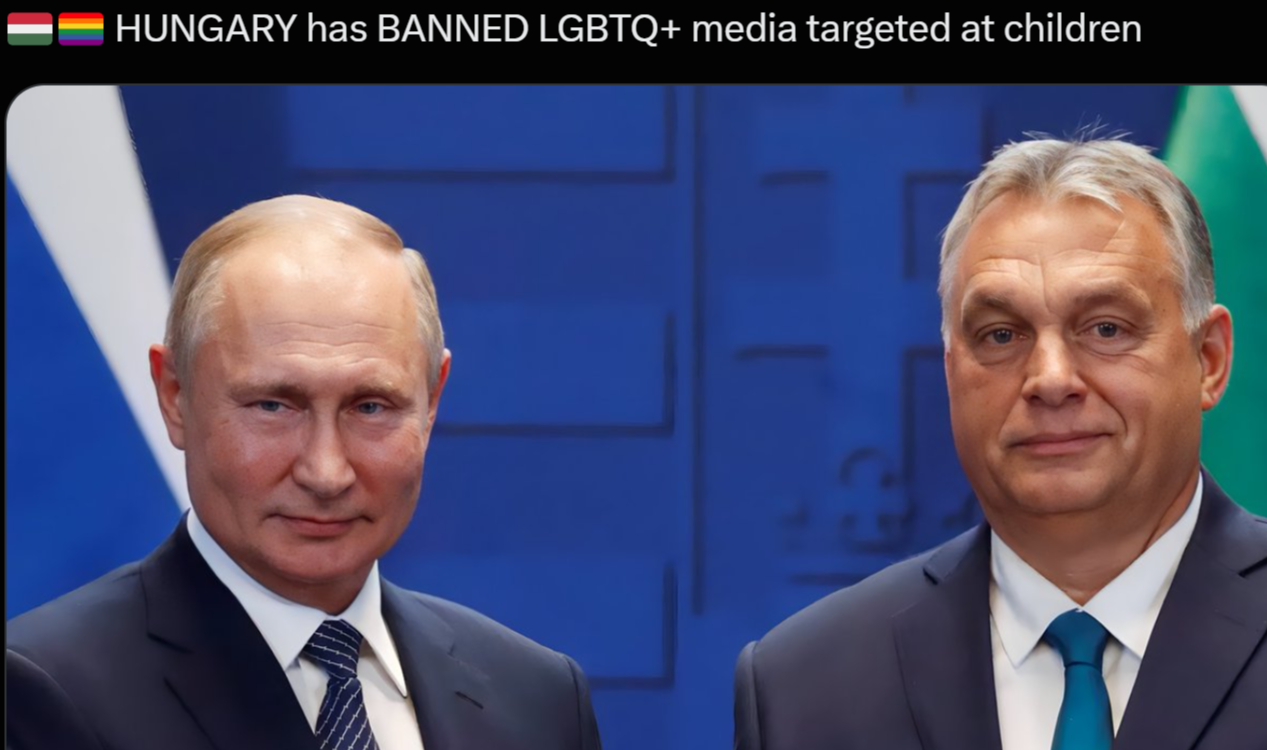
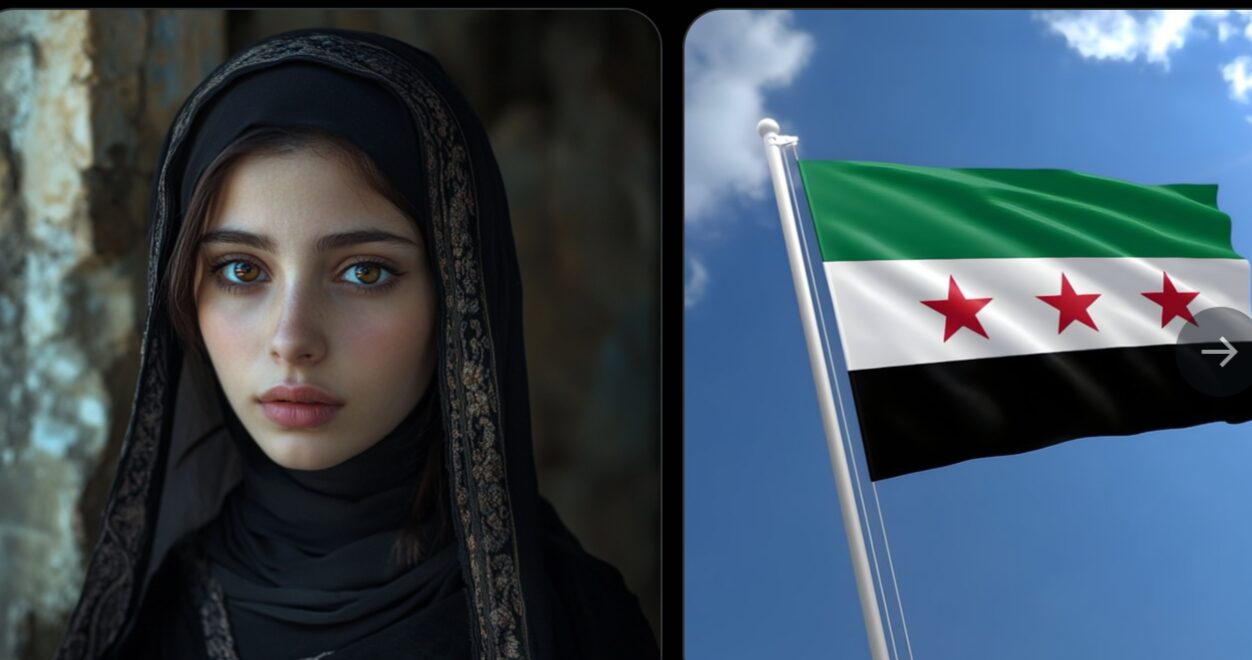
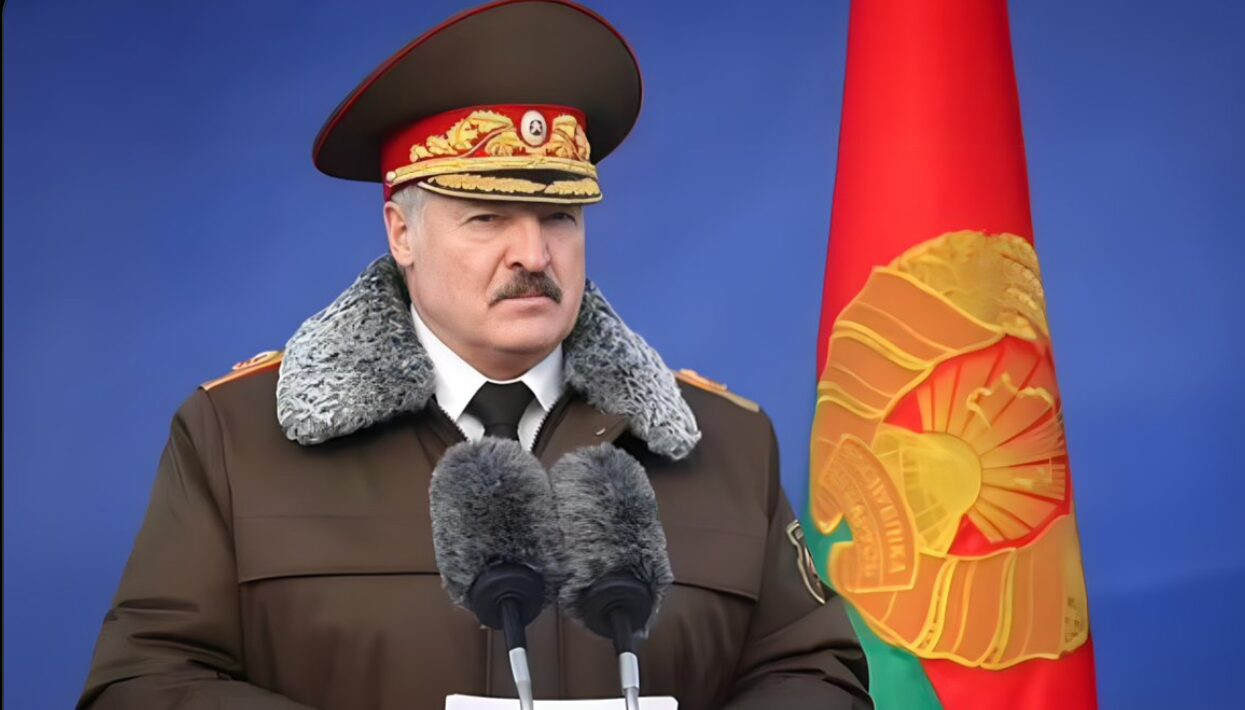
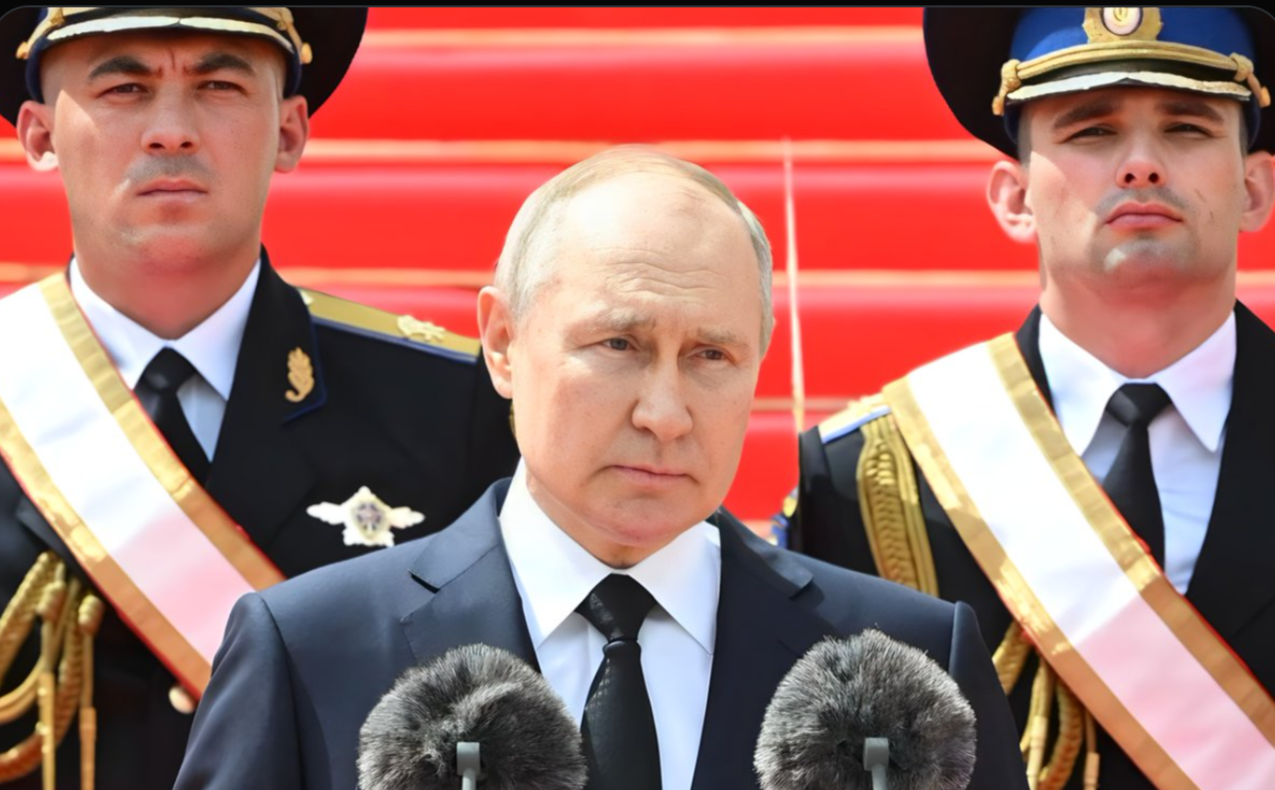
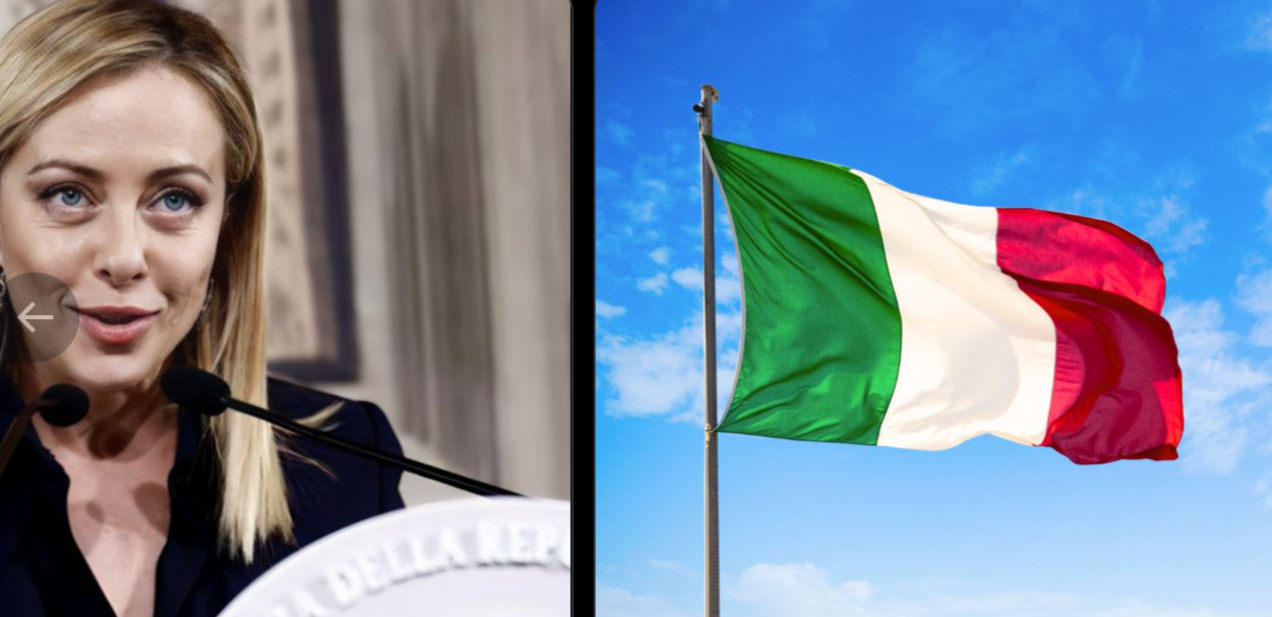

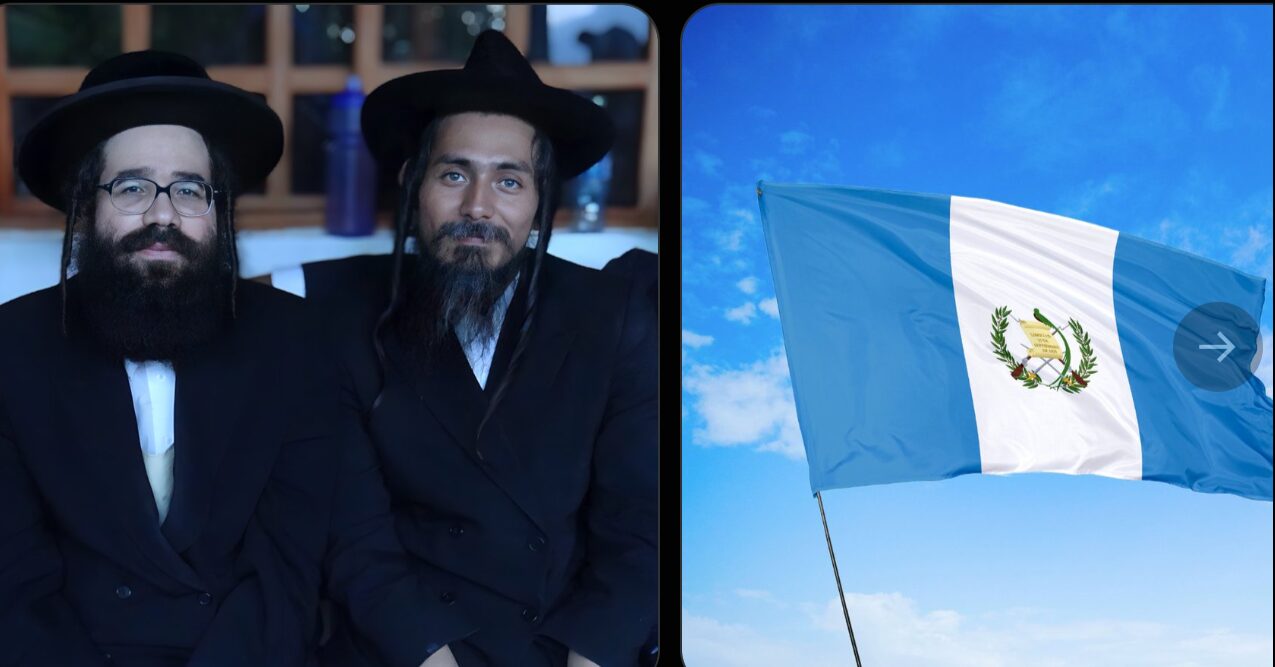










Post Comment